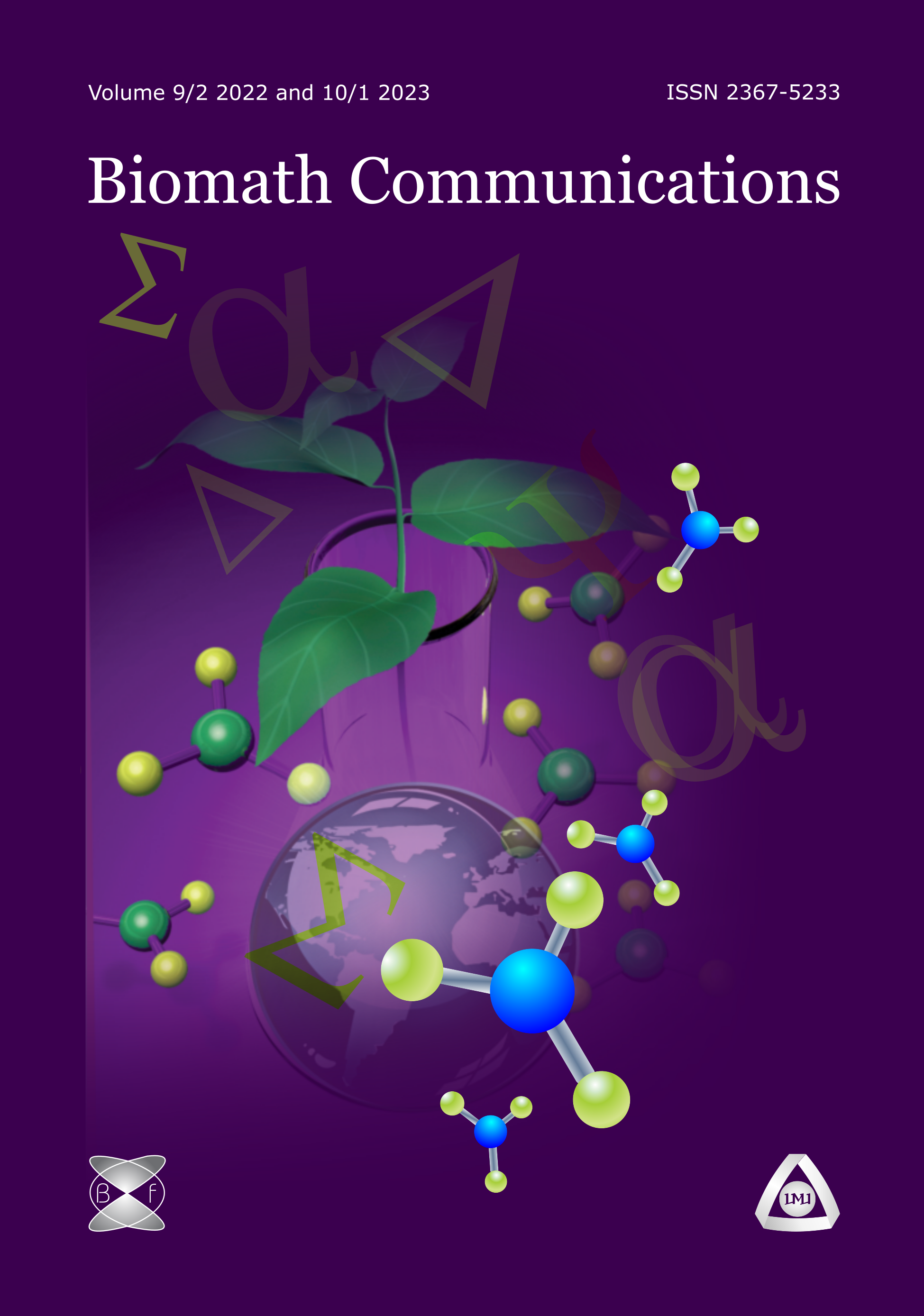Modeling the Transmission Dynamics of the Middle East Respiratory Syndrome Coronavirus in Humans
DOI:
https://doi.org/10.11145/561Abstract
Middle East Respiratory Syndrome Coronavirus (MERS-CoV) isВ a novel respiratory disease, reported in the year 2012, initially localize to Middle East countries, with a high potential for transmission via close contacts amongst families and health care workers [1].В In this study, we formulate and fully analysizeВ a mathematical model that assess the impact of quarantining and isolation strategies in controlling the disease. Analysis of the the model shows that the MERS-COV can be control if a certain threshold can be brought to a value less than unity [3]. In the absence of vaccine or treatment, these strategies have proved to be effective in containing the disease [2]. Numerical simulations are used to support the results.Downloads
Published
Issue
Section
License
The journal Biomath Communications is an open access journal. All published articles are immeditely available online and the respective DOI link activated. All articles can be access for free and no reader registration of any sort is required. No fees are charged to authors for article submission or processing. Online publications are funded through volunteer work, donations and grants.
Authors who publish with this journal agree to the following terms:
- Authors retain copyright and grant the journal right of first publication with the work simultaneously licensed under a Creative Commons Attribution License 4.0 that allows others to share the work with an acknowledgement of the work's authorship and initial publication in this journal.
- Authors are able to enter into separate, additional contractual arrangements for the non-exclusive distribution of the journal's published version of the work (e.g., post it to an institutional repository or publish it in a book), with an acknowledgement of its initial publication in this journal.
- Authors are permitted and encouraged to post their work online (e.g., in institutional repositories or on their website) prior to and during the submission process, as it can lead to productive exchanges, as well as earlier and greater citation of published work (See The Effect of Open Access).

